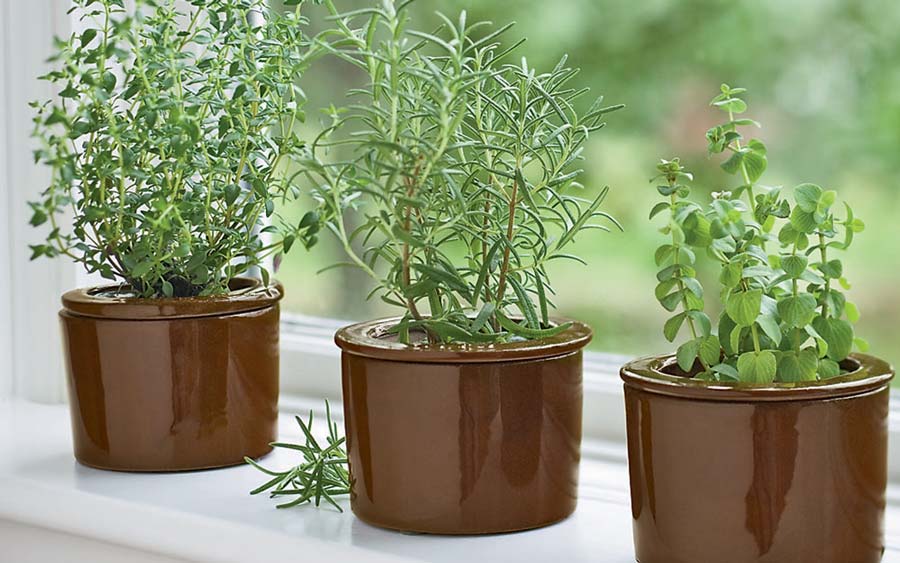Healthy Nutritional Benefits of Monsoon Foods
Posted By: Simran On: August 12th, 2019

Healthy Nutritional Benefits of Monsoon Foods
In the following, we will be discussing an important topic that is “Healthy Nutritional Benefits of Monsoon Foods” and will discuss it in detail within the article. The monsoon has set in and inevitably, together with the heavy rains and cold winds, have come food cravings. As much as the rainy/monsoon season is all about deep-fried snacks and spicy foods, we must make sure that we make the right choices to stay healthy as well as keep infections at bay. After all, this is also the season of flu and colds.Let see a selection of healthy foods that are apt for the season.
-
Hot Teas:
Herbal, ginger and lemon teas all have their own set of unique benefits. Ginger tea aids your digestion and helps in keeping your sinuses clean by clearing congestion. Lemon tea warms you up from the inside, with the lemon bolstering your immunity. Then, you’ve got mint tea, which also helps in digestion. While teas can serve as great liveners, make sure you drink enough water as too much tea can leave you dehydrated.
Hot soups with vegetables can keep your body strong. Plus, they’re easy to digest throughout the monsoon. Chicken broth can ward off the flu while also working as an ideal antidote to joint pains spurred on by cold weather. Remember to add crushed garlic in you soups to reduce inflammation and ease digestion. Here are some flavourful Indian soups to curl up with.
-
Dal Soup/Shorba:
Cooked with light spices, this is a delicious soup. Lentil broth makes for a great appetiser and is a perfect option if you want a low-carb, high-protein meal.
-
Rasam:
This is a thinner, spicier and tangier version of the dal soup and acquires its tangy taste from the infusion of tamarind and tomatoes. This South Indian soup is a great way to chase away colds. Add garlic to see instant anti-inflammatory effects.
-
Ginger Soup/Shorba:
Ginger soup can be comforting on a chilly, rainy day. It is a restorative soup that will help you prevent the colds and fevers associated with the season. Ginger soup is easy to make. Brown a large piece of ginger in a pan, add some cumin seeds, chopped onion and a few dried red chillies. Once cooked, crush the mixture of spices and add two cups of milk. Simmer and serve hot!Regarding this Desi weight loss diet program will do a great work.
-
Paya Soup:
Paya soup made from goat trotters is a slow-cooked stew. It is rich in flavour and is given to those recuperating from sicknesses and arthritis. It is an excellent remedy for bone pain too.
Citrus Fruits:
Vitamin C-rich fruits help to build the immune system and ease your skin woes during the monsoon season. Have gooseberry and guava as snacks and infuse lemon into your recipes as much as possible. The bug-fighting capacity of these fruits is marvellous.
Turmeric:
This yellow miracle has earned itself a great name in the healing world. Add it to curries, soups or even warm milk to reduce inflammation and promote healing.
Water:
Drink clean, boiled and cooled water during the monsoons and steer clear of water sold loosely in shops. Stomach bugs can travel through water and if you’re prone to colds and flu, have warm water throughout the season. Adding jeera, ajwain and saunf in small quantities to your water can help in digestion too. Carry your own water bottle wherever you go and refrain from drinking from glasses outside your home.
Corn:
Boiled or roasted corn can help in keeping you full and is a nice choice at snack time. Make sure you drizzle lime or pepper on your corn for better benefits this season.
Khichdi/Pongal:
This mushy comfort food is an all-time favorite. The perfect balance of carbs and proteins, it can give you energy, keeping you satiated for longer. Add vegetables to your dish for added benefits. Khichdi and pongal are easy to prepare and are light on the tummy.
Pepper:
Use pepper in rasams and soups to help clear nasal congestion. Pepper also aids digestion and due to its antioxidant property, can help ward off inflammation. Pepper can be sprinkled on most dishes.
TIPS:
Ensure all foods are freshly prepared and hot when consumed
Ensure leftovers are not consumed over extended windows
Wash, cut and handle all vegetables as well as fruits yourself
As much as they say that rains are all about pakodas and bajjis and bondas, the high-fat content in these can slow down your digestion and cause trouble. Using an air fryer or an oven is a good alternative. Also, make sure that oils are not reused over and over, as that too can cause digestive problems.
benefits of bananas Benefits of Garlic Bollywood celebrity Cholesterol Lowering Diet Complete food Diet for High BP Diet Myths diet tips Dietician eating before workout Eating garlic Essential Nutrients exercise Family Nutritionist Fitness Quotient Fitness Tips Foods Foods for dinner Foods for weightloss Fortified table salt Fourth getting in shape Health benefits of Spinach health foods Health Sanctuary Health Sanctuary Reviews HEALTH TRENDS healthy eating healthy eating during pregnancy Healthy Food Hollywood Hypertension Diet Plan Iodine deficiency Nutrition nutrition tips nutritionist olympics Portfolio Diet Positive Thinking Pregnancy diet tips pregnancy eating Shubi Husain Shubi Husain Diet Plan Slimming Spinach Tata salt weight loss Weight loss Review Weight Loss Testimonial World Health Day
-
Top 10 Tips To Overcome Fatigue And Remain Energetic Through The Day
Read more
-
Food That Will Help You Have Sharp and Good Memory
Read more
-
Diet Plan For Covid Patients & Those Recovering.. by Shubi Husain
Read more
-
Top 9 Foods To Boost Your Immunity Against Covid-19
Read more
-
How To Create A Kitchen Garden With Top 10 Healthy Herbs
Read more






